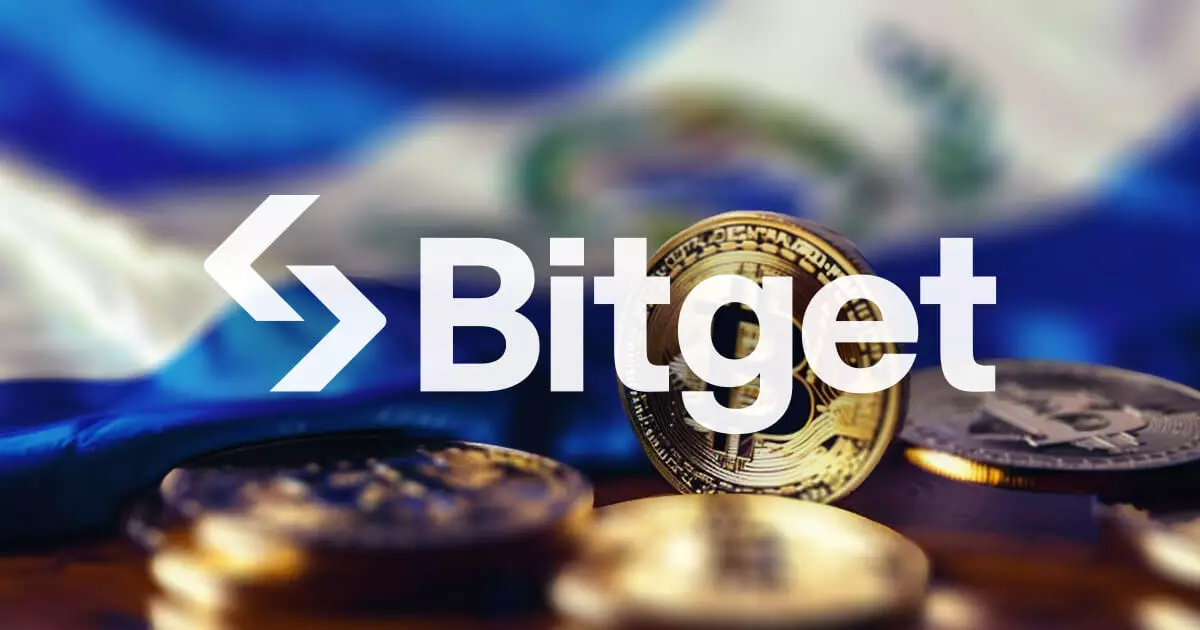El Salvador’s Central Reserve Bank has made a significant stride in the cryptocurrency landscape by granting Bitget a Bitcoin Service Provider (BSP) license. This milestone, announced on December 16, provides the exchange with the necessary legal framework to engage in various Bitcoin-related activities. These include the conversion of Bitcoin into fiat currency, handling Bitcoin transactions, and ensuring secure custody of Bitcoin assets. The approval marks a crucial step for Bitget, allowing it to operate within a country known for its bold adoption of Bitcoin as legal tender.
In addition to the BSP license, Bitget is ambitiously seeking a Digital Assets Service Provider (DASP) license from El Salvador’s National Commission of Digital Assets. This second license would enable Bitget to expand its services beyond Bitcoin, incorporating various cryptocurrencies into its portfolio. As Bitget continues to navigate the regulatory waters in El Salvador, the firm recognizes the nation’s forward-thinking approach as instrumental in positioning itself as a leader in Latin America’s burgeoning cryptocurrency market.
Bitget’s strategic intent to establish a local team in El Salvador underscores its commitment to actively engage in the regional cryptocurrency ecosystem. By doing so, the exchange aims to bolster its support for Latin American users, tapping into a market that is ripe for crypto adoption. According to Min Lin, Bitget’s Chief Business Officer, El Salvador represents a crucial gateway for the cryptocurrency revolution, one that offers opportunities for enhancing financial inclusion and catalyzing transformative real-world applications.
The implications of Bitget’s licensing approval come during a favorable financial period for El Salvador, with President Nayib Bukele proudly announcing substantial unrealized profits from the nation’s Bitcoin holdings. As of now, El Salvador’s portfolio consists of around 6,188 BTC, which has appreciated to a value exceeding $632 million against an initial investment of approximately $270 million. Such figures reflect the potential profitability inherent in the country’s Bitcoin strategy, despite ongoing skepticism from international financial institutions.
Despite the promising developments, El Salvador’s Bitcoin-centric policies and their implications remain contentious. Global institutions, particularly the International Monetary Fund (IMF), have raised concerns regarding the sustainability of such an approach, with reports indicating that the country is negotiating a $1.3 billion loan package. As part of these discussions, the IMF may suggest modifications to El Salvador’s Bitcoin laws, which could significantly alter the regulatory framework governing cryptocurrency operations in the nation.
The approval of Bitget’s BSP license marks an important milestone in El Salvador’s cryptocurrency journey. As the country seeks to solidify its position as a leading hub for digital assets in Latin America, the challenges it faces must be carefully navigated. Bitget’s expansion plans indicate a vibrant future for cryptocurrency in the region, but the ongoing dialogue with international financial bodies will ultimately shape the landscape for years to come.



















Leave a Reply